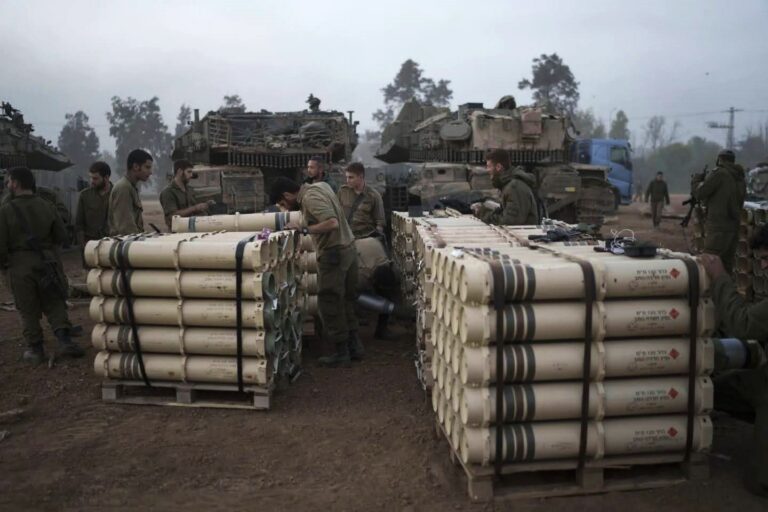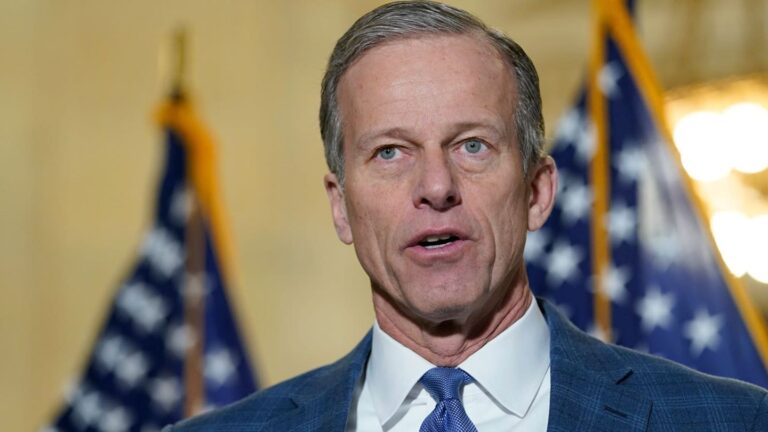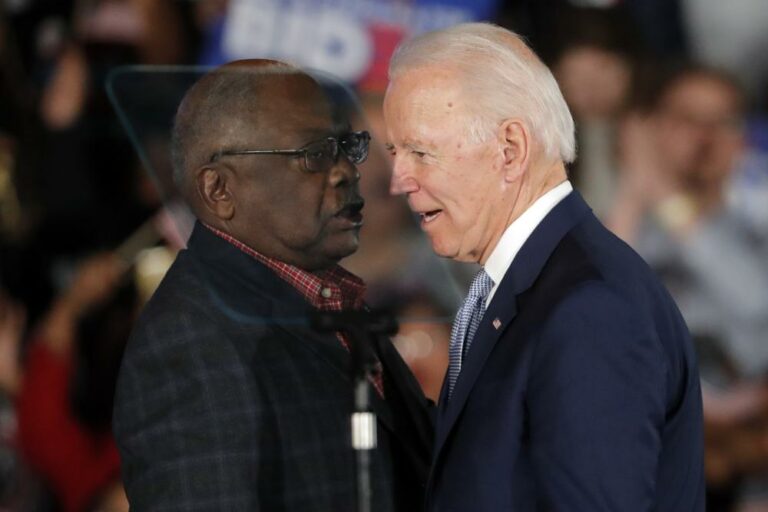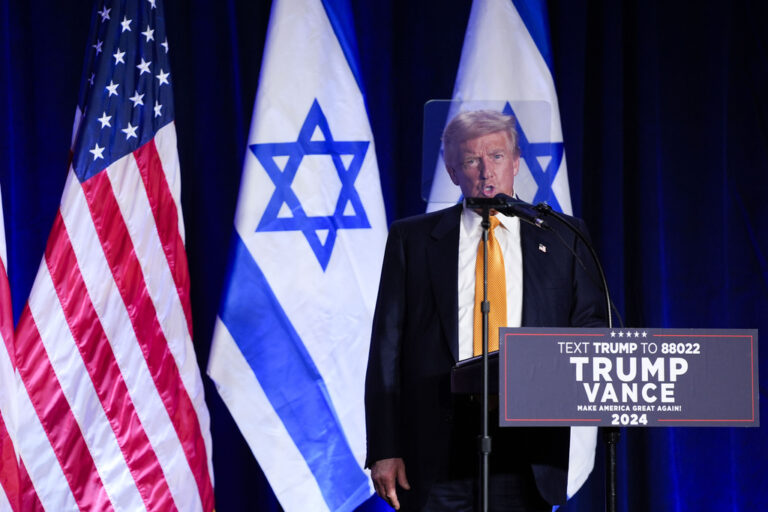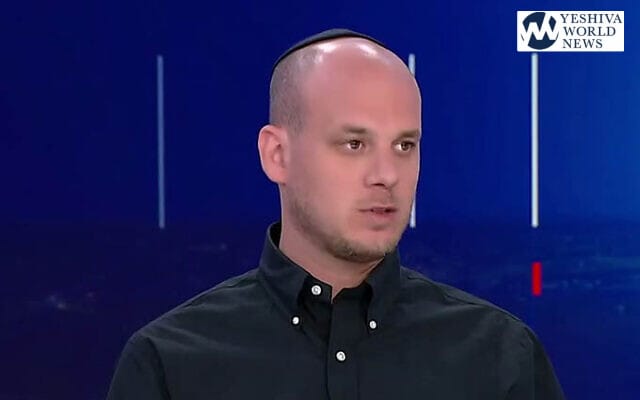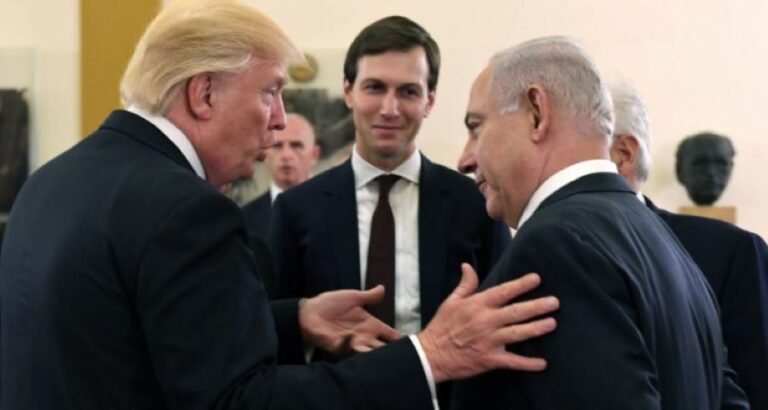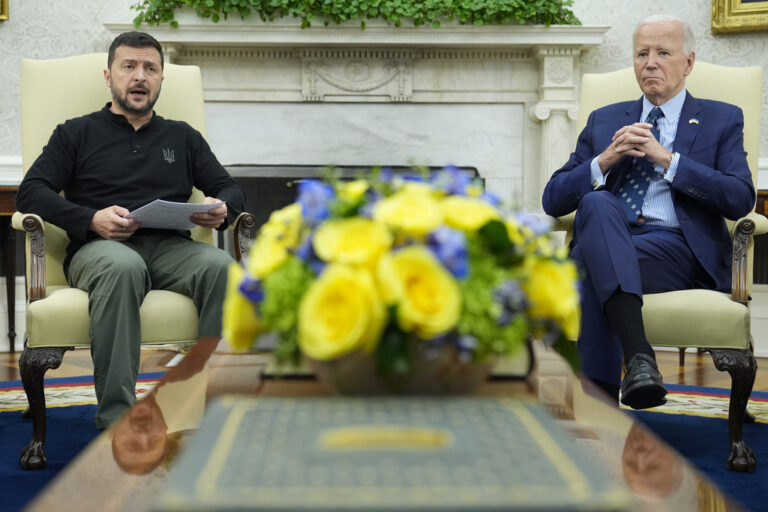 Russia has pulled back its troops from the Ukrainian border, Vladimir Putin told diplomats Wednesday as he urged insurgents in southeastern Ukraine to postpone their planned referendum Sunday on autonomy.
Russia has pulled back its troops from the Ukrainian border, Vladimir Putin told diplomats Wednesday as he urged insurgents in southeastern Ukraine to postpone their planned referendum Sunday on autonomy.
In a Moscow meeting with Swiss president Didier Burkhalter, Putin said the Russian troops have been pulled back to their training grounds and locations for “regular exercises,” but didn’t specify whether those locations were in areas near Ukraine.
A Defense Ministry spokesman declined to say where the troops were now positioned.
Putin also called on Ukraine’s military to halt all operations against pro-Russia activists who have seized government buildings and police stations in at least a dozen towns in eastern Ukraine.
Ukraine launched a government offensive late last week to take back buildings and towns under control of the insurgents. At least 35 people, including many rebels, have died in that offensive, the government said.
Many had feared that Sunday’s vote on more autonomy would be a flashpoint for further violence between the rebels and Ukrainian troops in the east. Russia annexed the Ukrainian Black Sea peninsula of Crimea in March after residents held a vote and overwhelmingly backed secession.
“We believe that the most important thing is to create direct, full-fledged dialogue between the Kiev authorities and representatives of southeast Ukraine,” Putin said. “Because of this, we ask that representatives of southeast Ukraine, supporters of federalization in the country, postpone the May 11 referendum in order to create the necessary conditions for such a dialogue.”
Despite Putin’s comments, pro-Russia militants calling themselves the Donetsk People’s Republic said they would still hold the referendum on Sunday.
Putin also described Ukraine’s May 25 presidential election as a move “in the right direction,” and said his talk with Burkhalter, who is chairman-in-office for the Organization for Security and Co-operation in Europe, encouraged him that “our approaches (to Ukraine) coincide.”
The Russian leader still repeated Russia’s long-held stance that constitutional reforms must precede any nationwide vote in Ukraine.
In Berlin, a leading Ukrainian presidential candidate said he was prepared to negotiate a decentralization of power as pro-Russia insurgents in the east have demanded.
But Petro Poroshenko, a billionaire chocolate magnate, added that some insurgents in the eastern region understand only “the language of force.”
The U.S. and European nations have increased diplomatic efforts ahead of the presidential election as the insurgency makes the east of the country increasingly unsafe for journalists and international observers.
Seven international military observers with an OSCE mission were taken hostage by pro-Russian insurgents in the eastern city of Slovyansk on April 25 and released only on Saturday.
Russia and the West have expressed a desire for the OSCE to play a greater role in defusing the tensions in Ukraine.
In Kiev, the Ukrainian capital, Jeffrey Feltman, the U.N. under-secretary-general for political affairs, met with Ukraine’s acting president Oleksandr Turchynov on Wednesday after visiting Moscow a day earlier. British Foreign Secretary William Hague also arrived to speak with the nation’s leaders.
Speaking in a BBC interview, Hague lent his support to Ukraine’s presidential election.
Ukrainians “cannot be bullied out of having their elections by disorder that is deliberately fomented and coordinated from another country, in this instance Russia,” he said.
In one sign of compromise from the authorities in Kiev, Pavel Gubarev, the self-proclaimed “people’s mayor” who was detained by Ukrainian authorities in March, was set free on Wednesday and was seen back in Slovyansk. His release was a big rallying cry for the pro-Russia side.
(AP)

